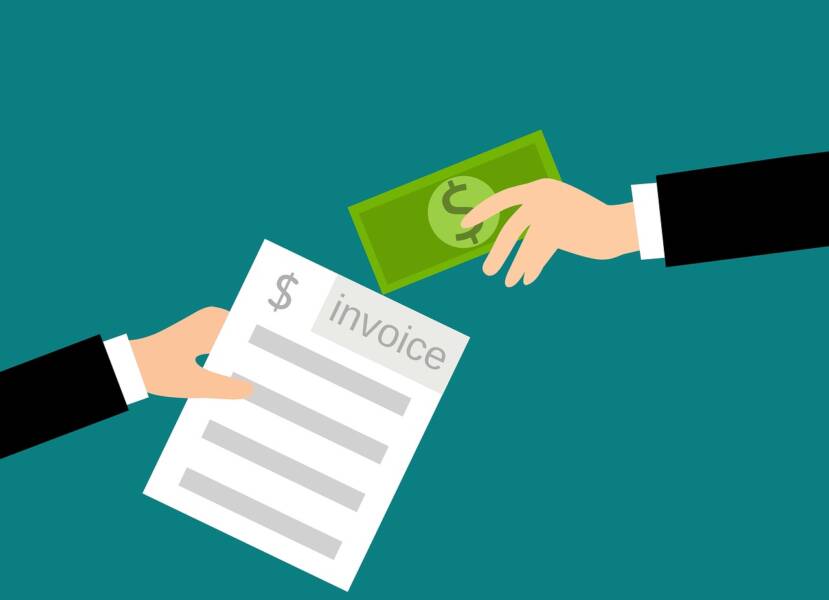Sadly, not all businesses succeed. As a result, selling your business can be the only option. Yes, it’s a painful one, but sometimes it is for the best. Plus, it could be your best chance of saving it and letting it thrive in the hands of someone else. However, before you take the heart-breaking decision, there are a number of things that you should A) consider, and B) do. Here, we take a detailed look.

Exhaust Every Option
This may sound a little basic, but if you’re looking at selling your business, the last thing you want is a knee-jerk reaction. Stop, pause, and reflect. You should only sell your business if you’ve exhausted every other option. If you’re looking to inject capital, then applying for a business loan might be the best option, and you can ask for one at any high street bank. If you’re looking for a retirement nest egg, then you could look at opening a business savings account at somewhere like Saffron. This will also help with continuing business growth. Finally, if you just no longer think you’re the best man to lead the company, but want to stay on-board, then consider only selling a small stake. If you sell your business based on a heat of the moment decision, you’ll regret it. Always ensure every other option to solve whatever problem you may have has been exhausted first. But ultimately, if you do choose to sell, here are the things you must consider and do:
Live in the Present, Not the Past
You may have had large business successes in the past but sadly buyers are only really interested in current performance; particularly if you’ve been struggling of late. No buyer will pay a premium for recovering your business, so you must be realistic. Past figures are only relevant if you’ve seen steady growth up until the current date. If you’ve made plans based on the growth, then potential buyers will be happy to see them. However, if your business has stalled of late and cannot meet these plans/ maintain growth, then they’ll find them largely irrelevant. So be realistic in how your business is now and focus forensically on the past 12 months and how you see the next 12 months. That’s likely to be what they have the most questions about. This leads us to point two…
Be Honest
You can try to fudge the figures as much as you like, but the truth will always come out. It’s far easier to be upfront from the beginning. This way, every potential investor will be clear on what the positives and the negatives of the business are, meaning they can make an informed choice. If you neglect to mention something, or choose to massage the figures, then problems could occur further down the line, costing you both time and money, as well as probably losing a sale. Remember, due diligence will always bring put the truth.
Focus on Your Profits, Not Revenue
In addition, when you’re compiling your figures, you need to ensure that they tell a financial story that investors or buyers can understand . Strip away the jargon (you’ll only have to explain it anyway), and focus on profit, not revenue. Most investors will only care about the level of profit that your business is turning over but, as the old adage goes, revenue is vanity, profit is sanity. Revenue might look great, but they’ll see through the bluster. Focus on profit instead.
Get Advice on Picking the Right Time
Finally, before you take the plunge, take advice from experts. For example, POE Group Advisors offer assistance with accounting practice sales if you are selling an accountancy firm. The financial cycle could impact your decision, so you should consider:
- The economic cycle
- The current state of the exact market you’re operating in (is it on the up or declining?)
- Are there any forthcoming tax changes or budget announcements?
- Boosting credibility
- Ensuring negotiations are smooth
- Providing an accurate valuation
- Approaching potential buyers
For people who are selling out of choice rather than necessity, selling too early is a common mistake. As such, you must take time considering whether you’re trying to sell at its peak profitability. If not, wait. If you’re unsure, pause for advice. A good business adviser is invaluable, and they can take a number of steps to help you sell your business, such as:
- Boosting credibility
- Ensuring negotiations are smooth
- Providing an accurate valuation
- Approaching potential buyers
This will allow you to keep running your business until it sells. To conclude, selling a business is heart-breaking, but there are a number of steps you can take to ensure that it runs smoothly and you get maximum value, so consider the above tips carefully.
TechBusinessHQ is a platform about business insights, Tech, News, SEO, 4IR, digital transformation, AI, Blockchain, Cybersecurity, and social media for businesses.
We manage social media groups with more than 200,000 members with almost 100% engagement.






